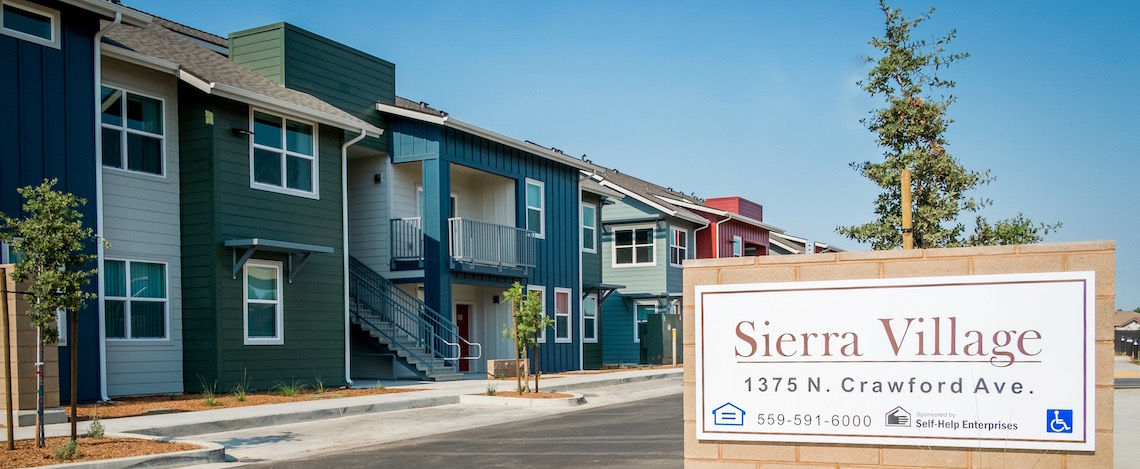
Apartments file photo
Written by Frank Lopez
The California housing market has been rife with talk of crisis for years, and the coronavirus pandemic certainly hasn’t helped.
With “non-essential” businesses shut down and the state in lock-down mode, it became difficult to arrange sales, home showings or even open houses. According to a June report from the California Association of Realtors, year-to-date statewide home sales were down by 12.9% in May.
On top of all this, Assembly Bill 1703, introduced by Assemblymember Richard Bloom (D-Santa Monica) and co-sponsored by social services for housing organization Housing California, and Public Advocates, a civil rights and public interest law firm, is being pushed forward a bit under the public radar.
“AB 1703 — Right to First Offer” is being pushed as a proactive step to prevent home losses to the speculative market by giving tenants and community organizations the right to make first offers on renter-occupied homes and apartments.
“Mass displacement during the Great Recession disproportionately impacted Black communities and people of color,” said Michelle Pariset, a policy advocate at Public Advocates. “This was never acceptable, and it cannot be allowed to happen now during the COVID-19 pandemic. Californians deserve safe, stable, and affordable homes. We must stop mass displacement, move more homes into community ownership, and support nonprofit power building. We cannot continue with business as usual and allow our communities to be gobbled up by speculators.”
AB 1703 would require owners of residential property including single-family residential property occupied by a tenant or a multifamily residential property, to notify each tenant and a qualified organization that they intend to sell the residential real property first.
A qualified organization is defined in the bill text to include local public entities, eligible nonprofits whose focus is development of affordable rental housing and community land trusts.
A qualified organization would have 10 days to notify a property owner of their interest to purchase a property and then have, depending on the number of units on the property 40 to 60 days to submit an offer to purchase.
Should a sale of a property be completed, a qualified organization will have to keep the rental rate of vacant units affordable to low and moderate income households, capping the maximum average rent to be affordable to people and families with 80% of the area median income.
Property owners will be able to sell their properties to any party if they do not receive interest or offers from a qualified organization in the mentioned time frames. The bill also provides a qualified organization with a rejected offer 10 days to invoke a right of first refusal to accept an offer that was accepted by the property owner.
If a property owner accepts an offer for a property containing two to four units, the qualified organization will have 90 days after the contract date to secure funding. With a property owner selling a property containing more than four units, a qualified organization will have 120 days to secure funding. Even then, a qualified organization cannot guarantee that they will secure funding.
Robin Kane, senior vice president of The Mogharebi Group, a multifamily investment broker, said that he was surprised to see a bill that was introduced over a year ago be withdrawn, and then “gutted” and changed into something completely different.
“The fact that they could commandeer a bill laying around the Legislature for whatever purpose they choose to — I was not aware they could get away with that. They took the language, which was to deal with a health and safety code related to redevelopment, and they tied it to an entirely different subject,” Kane said.
Kane said that if passed, with all the constraints, AB 1703 could delay the closing of a deal up to eight months, and that there are many points throughout the process where the deal could go “sideways” and put a property owner back to square one.
Kane understands that the bill is meant to address the housing crisis and to help the homeless and lower income families while giving qualified organizations a seat at the transaction table, but he said AB 1703 is political overreach.
Qualified organizations participate more through tax credit developments where non-profits are actively involved in the deals.
“You’re basically held in limbo for all this period of time. Meanwhile these qualified organizations can fire off these offers in mass and bog down the market because there is no limit to the amount of expressions of interest that they have. Everybody is on the sidelines and waiting for these guys on their timetable to decide if they want to express an interest or not,” Kane said.
With legislation regarding Covid-19, and other real estate legislation being pushed forward, including the repeal of the Costa Hawkins Rental Act, AB 1703 could pick up some steam soon Kane said.








